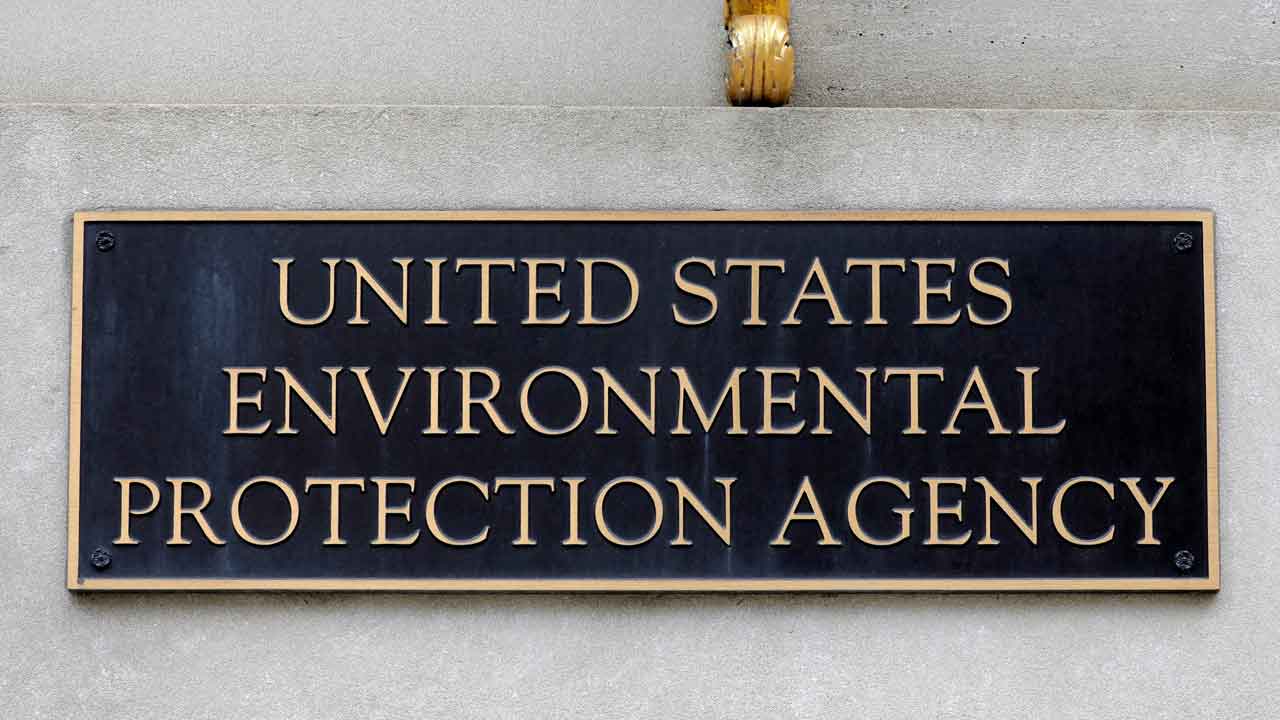Report reveals EPA’s delayed response to health risks in Michigan city’s lead-contaminated water supply

Health Risks Due to High Lead Levels in Drinking Water in Michigan City Were Not Quickly Addressed by EPA, Report Finds
A report released on Thursday by the EPA Office of Inspector General revealed that health risks associated with high lead levels in drinking water in Benton Harbor, a majority Black and impoverished Michigan city, were not promptly brought to the attention of EPA leadership. The report stated that EPA staff responsible for monitoring the state’s response to lead levels and compliance in Benton Harbor failed to “elevate” the issue of health risks to the city’s residents, as encouraged by an EPA policy. The report highlighted that the issues in Benton Harbor met several criteria for elevation, including posing a substantial threat to public health and the unlikelihood of success with normal enforcement and compliance tools in the short term.
The state initially notified the Benton Harbor water system in October 2018 that it had exceeded the federal threshold of 15 parts per billion in water samples, which required taking action. Despite this, the lead levels remained high. It was not until 2021, when activists increased pressure for action and the lead issue gained national attention, that state leaders promised to swiftly remove the city’s lead pipes and advised residents to use bottled water for cooking and drinking.
Lead is a potent toxin that can leach from aging pipes into residential drinking water, causing damage to the cardiovascular and reproductive systems. It is particularly harmful to children, leading to lower IQ and behavioral problems. The EPA’s 2016 Policy on Elevation of Critical Public Health Issues was developed in response to the lead-contaminated water crisis in Flint, Michigan. In Flint, lead leached through the pipe system after the city switched its water source to the Flint River without adequate treatment.
Benton Harbor, located about 100 miles northeast of Chicago, came under federal investigation in February 2022 regarding the government’s handling of lead contamination in its drinking water. The investigation was prompted by a petition from groups accusing local and state governments of delaying action. The report highlighted that due to the failure to use the elevation policy, the senior-level team of the EPA Administrator did not have an opportunity to assess and recommend steps to address the elevated lead levels in Benton Harbor’s water system.
The EPA disagreed with a recommendation to improve the effectiveness of the policy but agreed to develop a strategy to help staff understand when and how to use it. Cyndi Roper, senior policy advocate with the Natural Resources Defense Council, criticized the EPA’s response in Benton Harbor as another failure to protect an environmental justice community. Roper called for the issuance and enforcement of a new federal lead and copper rule to tackle the lead crisis and prevent other communities from being exposed to lead-contaminated tap water.
Benton Harbor, with approximately 9,100 residents, has a population that is 87% Black. The city’s median household income was around $24,000 in 2021. The water distribution network in Benton Harbor is mostly a century-old system, but corrosion control chemicals have been added to prevent lead leaching. Lead levels finally dropped below the action level of 15 parts per billion in December 2021 after millions of dollars in state and federal funds were used to replace thousands of lead service lines. Officials announced that nearly all of Benton Harbor’s lead pipes had been replaced within a year, an exceptionally fast timeline for lead pipe replacement in any city.
Original Story at www.foxnews.com – 2023-09-07 19:48:00


Comments are closed.